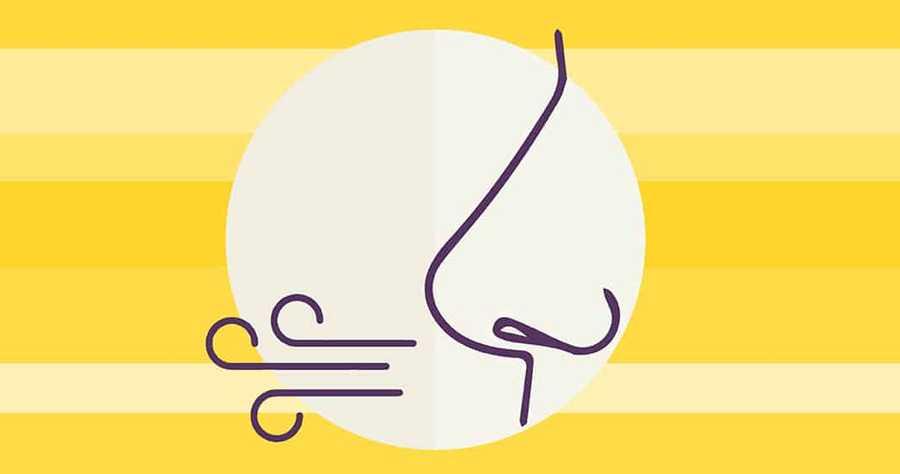The Importance Of Breathing Techniques
- Many different civilizations have practiced different breathing techniques as a part of their culture and their lifestyles, such as Taoists and Hindus.
- Proper breathing allows the bodily functions, mental health, and overall well-being to perform better. It is the focal point to distract the self's attention from negative thoughts.
- Breathing is the lowest common denominator in calming the body and the mind.
99
492 reads
CURATED FROM
IDEAS CURATED BY
The idea is part of this collection:
Learn more about health with this collection
How to set boundaries to protect your energy
How to cultivate positive energy
Why rest and recovery are important
Related collections
Similar ideas to The Importance Of Breathing Techniques
Breathing in meditations
In the first half of the 20th century, deep breathing began to emerge on its own as a relaxation method.
Every relaxation, calming, or meditation technique relies on breathing, which may be the lowest common denominator in all the approaches to calming the body and mind.
The Special Power Of Breathing
- The power of breathing is evident with people who have breathing disorders. As emotions affect our well-being, so does our breathing.
- Our parasympathetic and sympathetic nervous systems are in control of producing feelings of calmness and the latter, the body's rapid involuntary re...
Effects Of Breathing Techniques And When To Use Them
- Breathing techniques have an influence over our attention, wakefulness, and anxiety.
- They help ease stress and other negative emotions.
- They have a profound impact on our physiological health including respiratory issues or mental well-being.
You can...
Read & Learn
20x Faster
without
deepstash
with
deepstash
with
deepstash
Personalized microlearning
—
100+ Learning Journeys
—
Access to 200,000+ ideas
—
Access to the mobile app
—
Unlimited idea saving
—
—
Unlimited history
—
—
Unlimited listening to ideas
—
—
Downloading & offline access
—
—
Supercharge your mind with one idea per day
Enter your email and spend 1 minute every day to learn something new.
I agree to receive email updates
